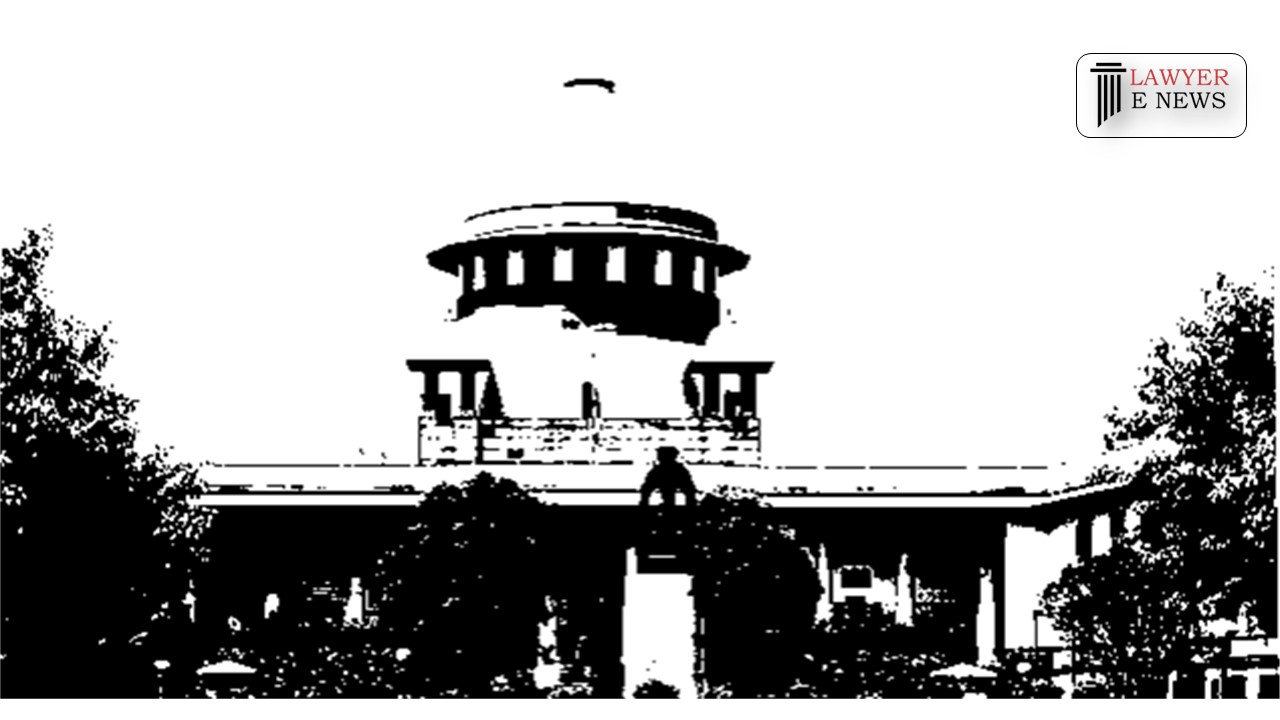-
by Admin
15 February 2026 2:36 AM



On 29 March 2023, In a judgement Geeta & Ors. Vs. Financial Commissioner Govt. of NCT Delhi & Ors., Supreme Court upholds expulsion of member from cooperative society due to default in payment of dues and observed that the society had followed the prescribed procedure for cancellation of membership of the society due to the late husband of appellant no.1's default in payment of dues. The Financial Commissioner had dismissed the appeal of the late husband of appellant no.1, who had deposited only a part of the amount due and had declined to avail himself of the offer to pay the dues with interest within a reasonable period. The High Court had also recorded that the late husband of appellant no.1 was raising a dispute regarding the cost of construction, meaning that his default in payment of dues to the society remained unrebutted.
Appellant challenged the order passed by the Division Bench of Delhi High Court and against the order passed by the Financial Commissioner, Delhi, which had expelled the membership of the late husband of appellant no.1 on account of non-payment of dues for construction of flats and allotment thereof by the Nav Jagriti Cooperative Group Housing Society Limited. The High Court had upheld the order dated 23.3.1993 passed by the Joint Registrar (II), Cooperative Societies, Delhi, granting time to the expelled members to deposit dues by 30.04.1993 and in default, the resolution of the society was approved. Same is challenged in Apex Court.
Appellants argued that there was a prescribed procedure for cancellation of membership of the society under Rule 36 of the Delhi Cooperative Society Rules, 1973, which was not followed in the present case. The amount shown to be recoverable from the late husband of appellant no.1 was also disputed, as there was some enhancement of the cost of the flats, which was not proper.
On the other hand, the counsel for the respondents argued that there were concurrent findings of facts recorded by all the authorities, which upheld the default of the appellants in paying the dues of the society. An offer was also made to the late husband of appellant no.1 for payment of the balance dues, but it was not availed of, as he wanted to contest the litigation. It was also mentioned that at this stage, it was not possible to offer any flat to the appellants as they had failed to avail of the opportunity at the appropriate stage.
The Supreme Court observed that the society had followed the prescribed procedure for cancellation of membership of the society due to the late husband of appellant no.1's default in payment of dues. The Financial Commissioner had dismissed the appeal of the late husband of appellant no.1, who had deposited only a part of the amount due and had declined to avail himself of the offer to pay the dues with interest within a reasonable period. The High Court had also recorded that the late husband of appellant no.1 was raising a dispute regarding the cost of construction, meaning that his default in payment of dues to the society remained unrebutted.
The Supreme Court held that the only issue in the case was regarding the default of payment of dues of the society for construction of flats, which the late husband of appellant no.1 was not ready and willing to pay at any stage, despite opportunities given. The argument raised that there was a violation of Rule 36(2) of the Delhi Cooperative Society Rules, 1973 and the prescribed procedure for expulsion of a society member had not been followed, was not accepted by the Court. The Court further held that procedural law is subservient to justice. Appeal Dismissed.
Geeta & Ors. Vs. Financial Commissioner Govt. of NCT Delhi & Ors
